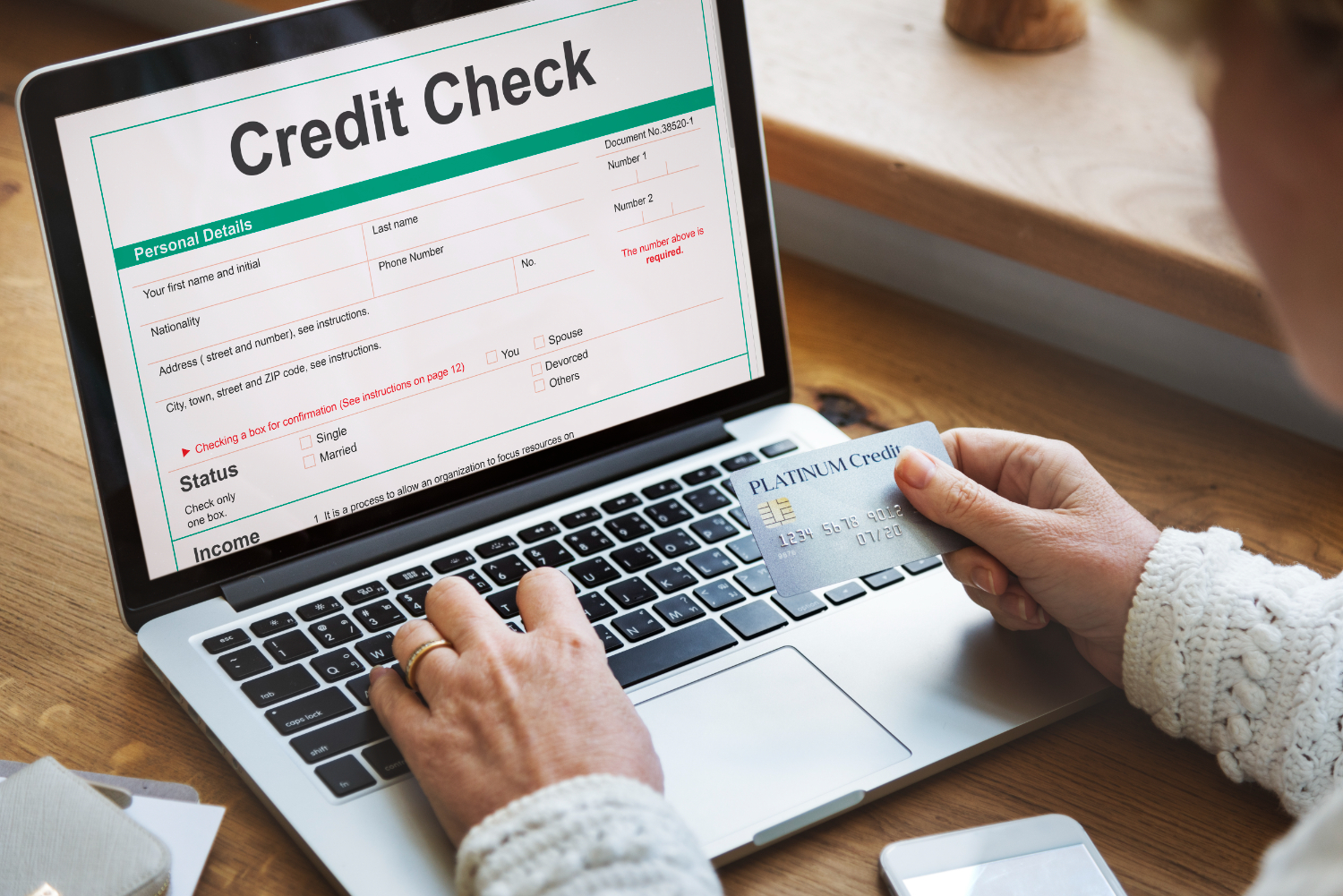How to build credit: A step-by-step guide for beginners

For those starting from scratch, understanding how to build credit can seem overwhelming, but it doesn’t have to be.
Building credit is a crucial step toward financial independence and stability. A solid credit history opens doors to opportunities like qualifying for loans, renting apartments, and even securing jobs in some cases.
With the right strategies and consistent effort, you can establish a healthy credit profile.
In this comprehensive guide, we’ll explore tips for building credit, explain how the credit system works, and provide practical steps to help you succeed.
Whether you’re starting from zero or seeking advice on how to build credit quickly, this guide has everything you need.
How does credit history work?
Your credit history is a detailed record of how you manage borrowed money. It includes data about loans, credit card usage, and payment behavior.
Credit reporting agencies like Experian, Equifax, and TransUnion collect this information to create credit reports. These reports are used to calculate your credit score — a three-digit number that indicates your creditworthiness to lenders.
The most commonly used scoring model is the FICO Score, which ranges from 300 to 850. Factors like payment history, credit utilization, credit age, credit types, and recent inquiries contribute to this score.
A good credit score not only improves your chances of loan approval but also helps secure lower interest rates.
Understanding how credit works is the foundation for implementing effective tips to build credit and ensuring long-term financial health.
How to build credit
Building credit is a fundamental step toward financial freedom. A strong credit history opens doors to loans, housing, and more.
If you’re starting from scratch, this guide will help you establish credit the right way.
1. Understand the factors that affect your credit score
Understanding what influences your credit score is crucial. Payment history is the most significant factor, accounting for about 35% of your FICO Score.
Consistently paying bills on time is essential. Next comes credit utilization, which measures how much of your available credit you use. A low utilization rate — below 30% — is ideal.
The length of your credit history, the mix of credit types (credit cards, loans, etc.), and recent credit inquiries also play vital roles.
By focusing on these areas, you can create a roadmap for building credit responsibly.
2. Apply for a credit card
Getting a credit card is one of the most effective ways to establish credit. For beginners, consider a secured credit card, which requires a refundable deposit and is easier to qualify for.
Many major banks and credit unions offer secured cards that report to all three credit bureaus, making them a great option for those with no credit history.
Another option is a student credit card, designed specifically for young adults. These cards often have lower credit limits and may include rewards or educational resources to help you build credit.
Use your card responsibly by making small purchases and paying the balance in full each month. This habit builds credit and avoids costly interest charges.
3. Develop good credit habits
Building credit isn’t just about opening accounts; it’s about managing them wisely. Avoid maxing out your credit cards and keep balances low relative to your credit limit.
Regularly monitor your accounts to ensure there are no errors or unauthorized transactions.
Setting up automatic payments can help ensure you never miss a due date. Consistency is key, and developing these habits early lays the foundation for a strong credit profile over time.
4. Pay bills on time
Paying bills on time is the most important factor in building credit. Late payments can significantly impact your credit score, especially if reported to the credit bureaus.
Even bills that don’t directly report to the credit bureaus — like rent or utilities — can affect your credit if they go to collections.
To avoid missing payments, set reminders or automate bill payments through your bank. This simple step is one of the most effective tips for building credit and ensures your credit history reflects responsible financial behavior.
5. Become an authorized user
If you can’t qualify for a credit card on your own, becoming an authorized user on someone else’s account can be an alternative.
As an authorized user, you benefit from the primary cardholder’s positive payment history without being responsible for the balance.
Ensure the account is in good standing and that the primary user practices responsible credit management.
This strategy is especially useful for young adults building credit for the first time.
6. Keep your credit utilization low
Credit utilization is a critical factor in your credit score. It measures how much credit you’re using compared to your total credit limit.
Ideally, you should keep this ratio below 30%. For example, if you have a credit card with a $1,000 limit, aim to keep your balance below $300.
To maintain a low utilization rate, pay off your balances in full each month or make multiple payments throughout the billing cycle.
This improves your credit score and demonstrates to lenders that you are a responsible borrower.
7. Consider credit builder loans
Credit builder loans are designed specifically for individuals looking to establish or improve their credit. Unlike traditional loans, the borrowed amount is held in a savings account until you’ve fully repaid the loan.
Each payment is reported to the credit bureaus, helping you build a positive payment history. These loans are typically offered by community banks and credit unions.
They’re a great option if you’re just starting out and need a structured way to build credit.
How to build credit fast
While building credit takes time, certain strategies can help speed up the process.
- Pay off outstanding balances: Reducing debt lowers your credit utilization rate, which can quickly boost your score.
- Increase credit limits: Requesting a higher credit limit on existing cards can instantly reduce your utilization rate, but be cautious not to increase spending.
- Dispute errors on your credit report: Regularly check your credit report for inaccuracies and dispute any errors to ensure your score reflects accurate information.
- Use your credit card frequently, but responsibly: Small, regular purchases paid off in full each month demonstrate consistent and responsible credit use.
Implementing these tips for building credit quickly can make a noticeable difference, but remember that sustainable credit building is about consistency and responsible management.
Building credit is a vital step toward achieving your financial goals, from securing loans to qualifying for better housing opportunities.
By understanding how to build credit and following proven strategies like paying bills on time, keeping credit utilization low, and using credit-building tools, you can create a strong financial foundation.
Consistency, patience, and informed decisions are the keys to success. Ready to take control of your financial future?
Explore more resources on our site to discover additional tips for building credit and strategies for improving your financial health. Start today and watch your credit grow into a powerful asset!
Looking for a suggestion? Check out our content about credit monitoring service.





